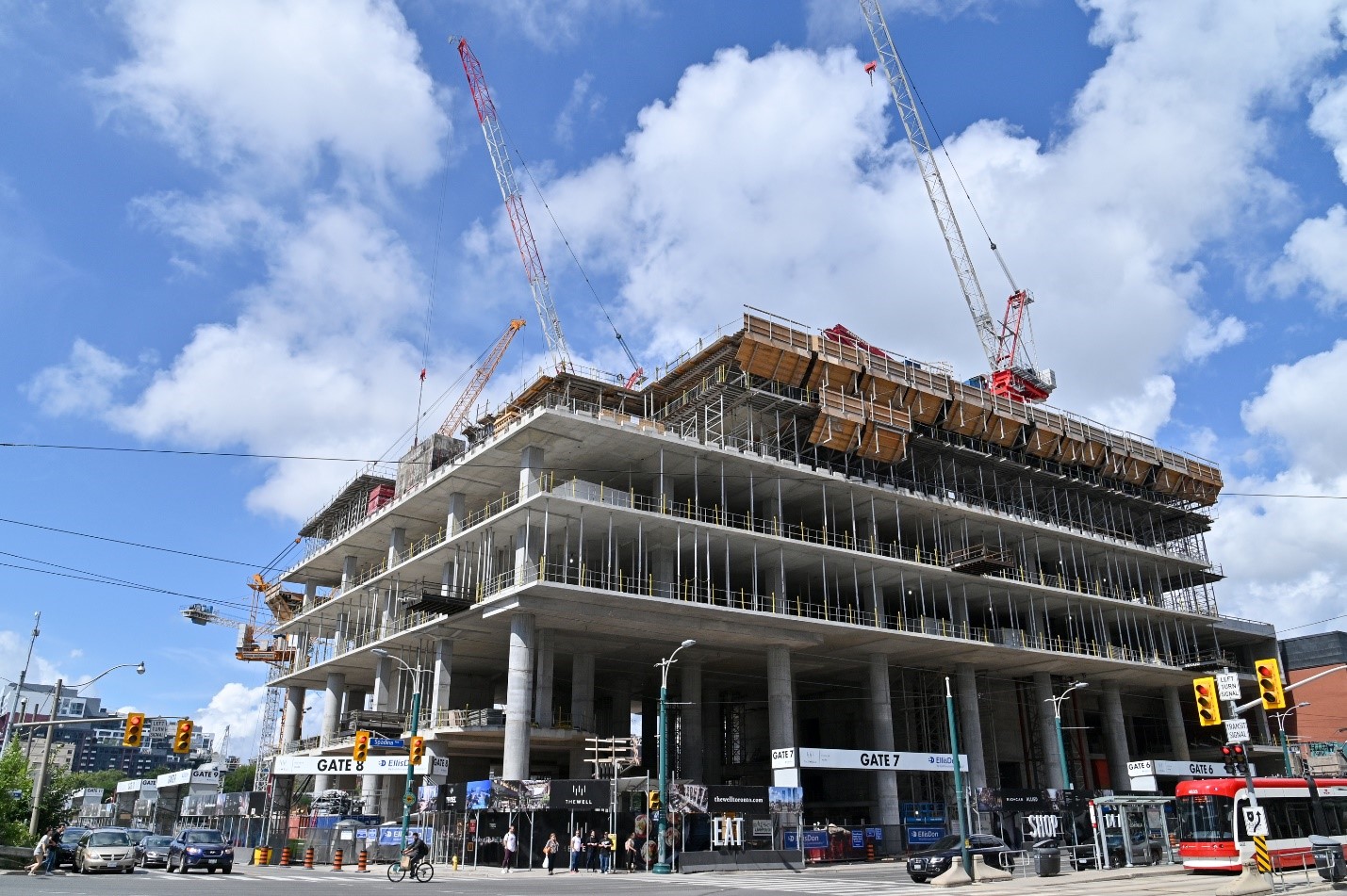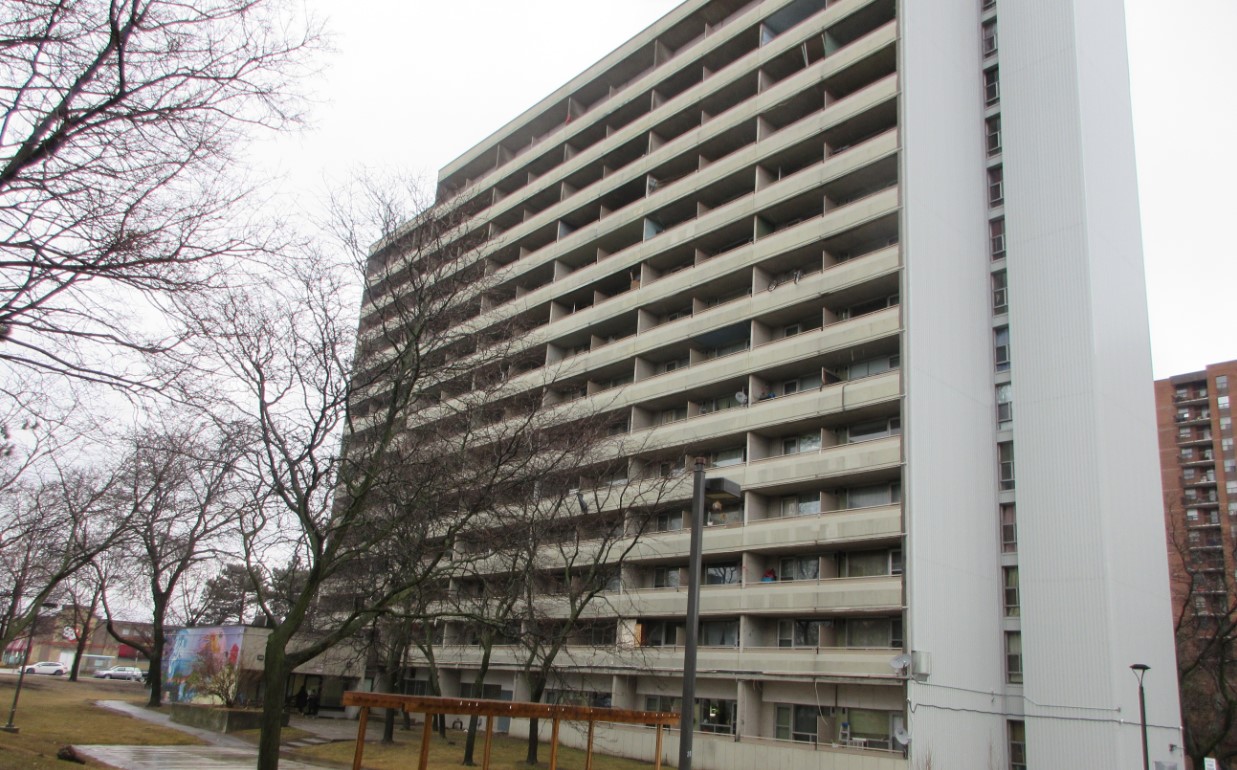
Why This Audit Matters Protecting public health and safety and limiting the probability of certain types of damage or degradation as a result of the design or construction of a building are key objectives of the Ontario Building Code. This is why the Chief Building Official (CBO) and building inspectors role in enforcing the Building […]
PDF version of the ‘At A Glance’ for this report Why This Audit Matters Toronto Police Service (TPS) operates the 9-1-1 Public Safety Answering Point (PSAP) for the City. The PSAP is the first point of contact for those dialing 9-1-1 to receive emergency assistance from fire, ambulance, and police. It plays a crucial role […]

Why This Audit Matters The City will likely continue to use hotels as a temporary housing solution to meet the demand for emergency shelter beds or for other emergencies that may arise. Putting in place the right strategies to effectively oversee and manage hotel operations allows the Shelter, Support, and Housing Administration (SSHA) Division to […]

Cyberattacks are widely considered to be one of the most critical operational risks facing organizations. The Auditor General has taken a proactive approach in planning her audits and has included them in her annual work plans. This Phase 2 report is an extension of our work that was underway when we issued our first report […]

Cyber threats are on the rise and continue to evolve. Many municipalities in Canada and the U.S. have been affected by cyberattacks in recent years. The Toronto Transit Commission was recently hit by a ransomware attack in October 2021. In Canada, the estimated average cost of a data breach is $6.35 million. As cybersecurity threats […]

Why This Audit Matters This report provides a roadmap to support the Shelter, Support & Housing Administration (SSHA) Division to more effectively guide each client on their journey towards stable housing. The recommendations outline the need for consistency and the robust infrastructure required to ensure a more efficient and effective approach to improving outcomes for […]

Cyberattacks are widely considered to be one of the most critical operational risks facing organizations. According to the Canadian Centre for Cyber Security Bulletin, 2021: “2021 has been marred by a series of high-profile ransomware attacks around the world… In the first half of 2021, global ransomware attacks increased by 151% when compared with the […]

Why this audit matters In 2007, when the rental replacement policy went into effect, the focus was to preserve and protect the stock of affordable rental housing. In this audit, we highlight that this legacy policy has not caught up to City’s evolving and ongoing priorities for rental housing and should be revisited. The legacy […]

Why this audit matters TCHC management is accountable for achieving its core mission of providing clean, safe, well-maintained, affordable homes for residents. The themes and lessons learned from our audit of contracted property management services can be applied to improve oversight, monitoring, and management of service delivery across TCHC’s entire portfolio. Background TCHC has a […]